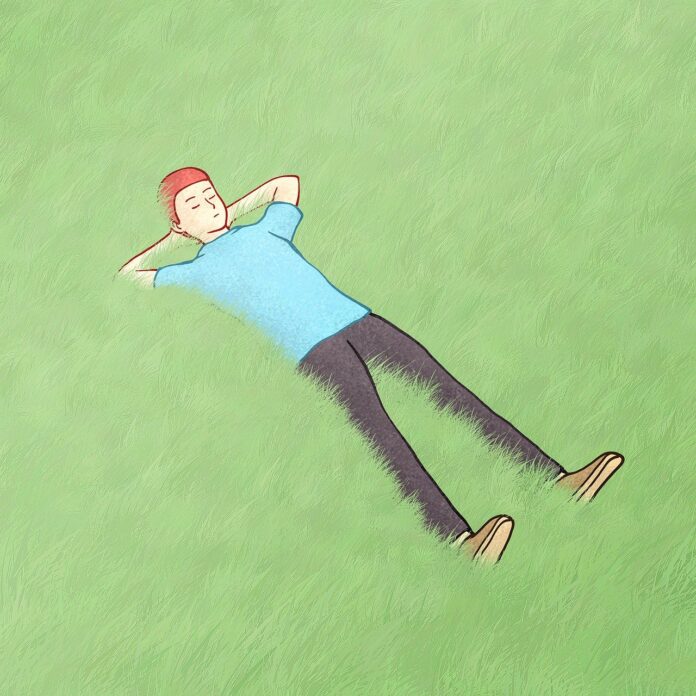Have you ever noticed how your creativity seems to flow more effortlessly after a good night’s sleep? It turns out that there is a fascinating link between sleep and creativity that researchers have been exploring. In this article, we delve into this mysterious connection, uncovering the impact of sleep on our imaginative abilities and providing insights into how you can leverage this relationship to enhance your own creativity.
The Power of Dreams
Dreams have long been associated with creativity, and scientific studies have shed light on this phenomenon. During the rapid eye movement (REM) stage of sleep, our brain is highly active and vivid dreaming occurs. This stage is closely linked to creative thinking, problem-solving, and the generation of new ideas. It is believed that during REM sleep, the brain combines disparate pieces of information and makes connections that may not have been apparent during wakefulness, leading to novel and imaginative solutions.
Consolidating Memories
Another key aspect of the sleep-creativity connection is the role of sleep in memory consolidation. Sleep plays a vital role in solidifying memories and integrating them into our existing knowledge base. When we learn something new or gather information throughout the day, our brain processes and stores these memories during sleep. This consolidation process enhances our ability to retrieve and combine relevant information, facilitating creative thinking and ideation.
The Power Nap Effect
While a full night’s sleep is important for optimal creativity, even short periods of sleep can have a significant impact. Research has shown that taking power naps, ranging from 10 to 30 minutes, can boost alertness, cognitive function, and creativity. These short bursts of sleep help to rejuvenate the brain, improve focus, and enhance problem-solving abilities. So, the next time you find yourself hitting a creative block, consider taking a power nap to recharge your creative juices.
Optimizing Sleep for Creativity
Now that we understand the connection between sleep and creativity, how can we optimize our sleep to enhance our imaginative abilities? Here are a few tips:
- Prioritize quality sleep: Create a conducive sleep environment by ensuring a comfortable bed, eliminating distractions, and maintaining a consistent sleep schedule.
- Unwind before bed: Engage in relaxing activities such as reading, meditating, or taking a warm bath to signal your body and mind that it’s time to wind down.
- Avoid sleep deprivation: Lack of sleep can hinder creative thinking. Aim for the recommended 7-9 hours of sleep per night to give your brain ample time to rejuvenate.
- Embrace power naps: Incorporate short power naps into your day when you need an energy and creativity boost. Remember to keep them short to avoid disrupting your nighttime sleep.
The connection between sleep and creativity is a captivating subject that reveals the importance of prioritizing quality sleep for optimal cognitive functioning. By understanding and leveraging this relationship, we can unlock our creative potential and enhance our problem-solving abilities. So, the next time you feel stuck in a creative rut, consider giving your brain the rest it needs to awaken your imagination and unlock new possibilities.




